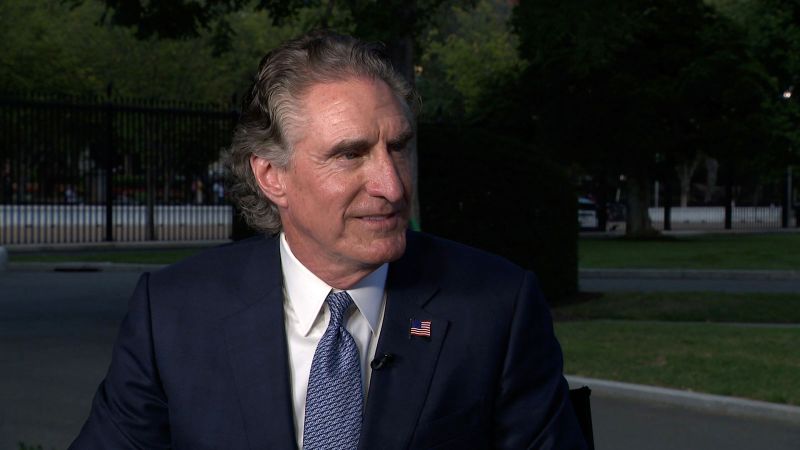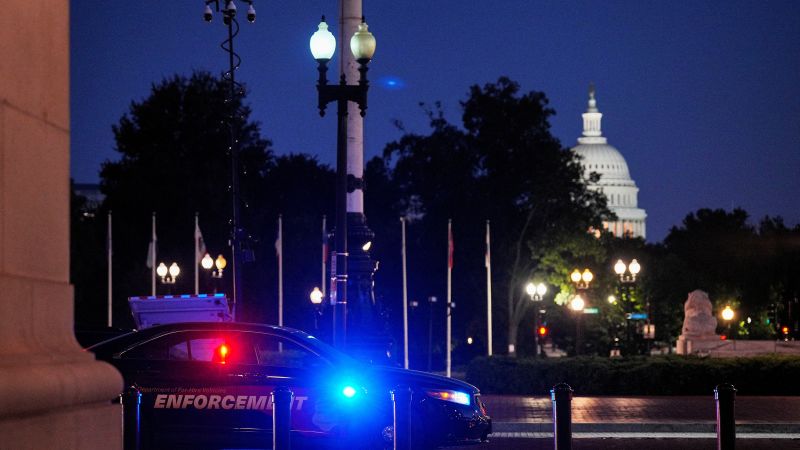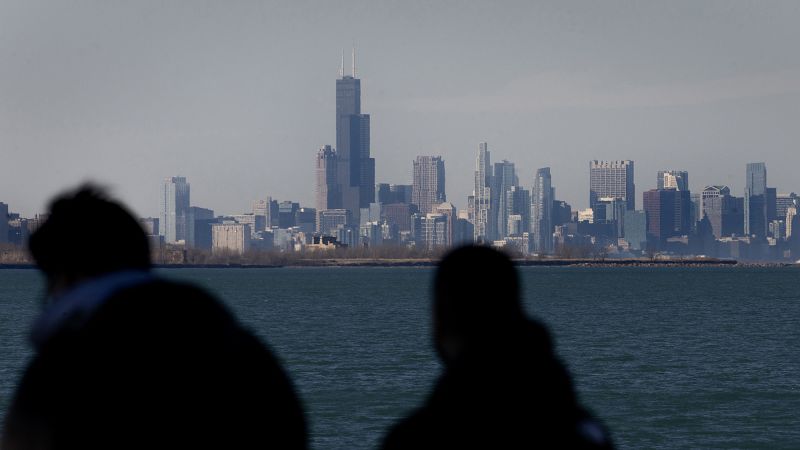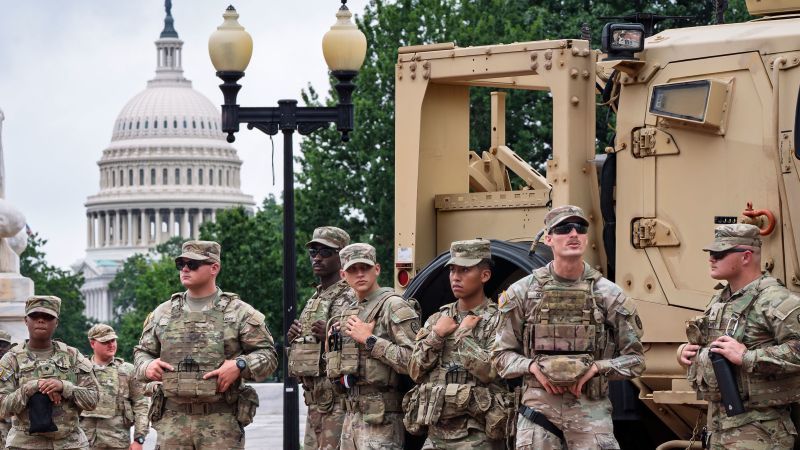
National Guard Deployment in Democratic Cities: Trump Administration Faces Scrutiny
Politics | 8/27/2025
Interior Secretary Doug Burgum asserted on Tuesday that President Donald Trump’s decision to deploy the National Guard to Democratic-led cities is not politically driven. In an interview with CNN’s Kaitlan Collins, Burgum emphasized that the Republican president’s actions are not aimed at any specific targets. The deployment of the National Guard in this context has raised questions about the potential motivations behind such a move.
Burgum’s statement comes amidst escalating tensions between the Trump administration and Democratic-led cities. The deployment of federal forces to quell civil unrest has sparked debates over the appropriate use of federal power in local law enforcement matters. Critics have raised concerns about the potential for these actions to escalate rather than de-escalate tensions in already volatile situations.
While Burgum maintains that the deployment is not politically motivated, the situation has drawn scrutiny from various quarters. Legal experts suggest that the use of federal forces in domestic law enforcement raises constitutional questions about the division of powers between federal and state governments. The historical context of federal intervention in local law enforcement further complicates the debate over the current administration’s actions.
In response to Burgum’s assertion, some Democratic officials have expressed skepticism about the true intentions behind the deployment of the National Guard. The lack of clarity on the criteria used to determine which cities receive federal intervention has fueled speculation about the underlying motivations. Democratic leaders have called for transparency and accountability in the decision-making process surrounding the deployment of federal forces.
As the debate over the use of federal forces in Democratic-led cities continues, the Trump administration’s actions remain under scrutiny. The implications of deploying the National Guard in a domestic law enforcement capacity extend beyond the immediate context, raising broader questions about the balance of power between the federal government and individual states. The ongoing discussions surrounding this issue highlight the complexities of federal-state relations and the challenges of maintaining law and order in a politically charged environment.


